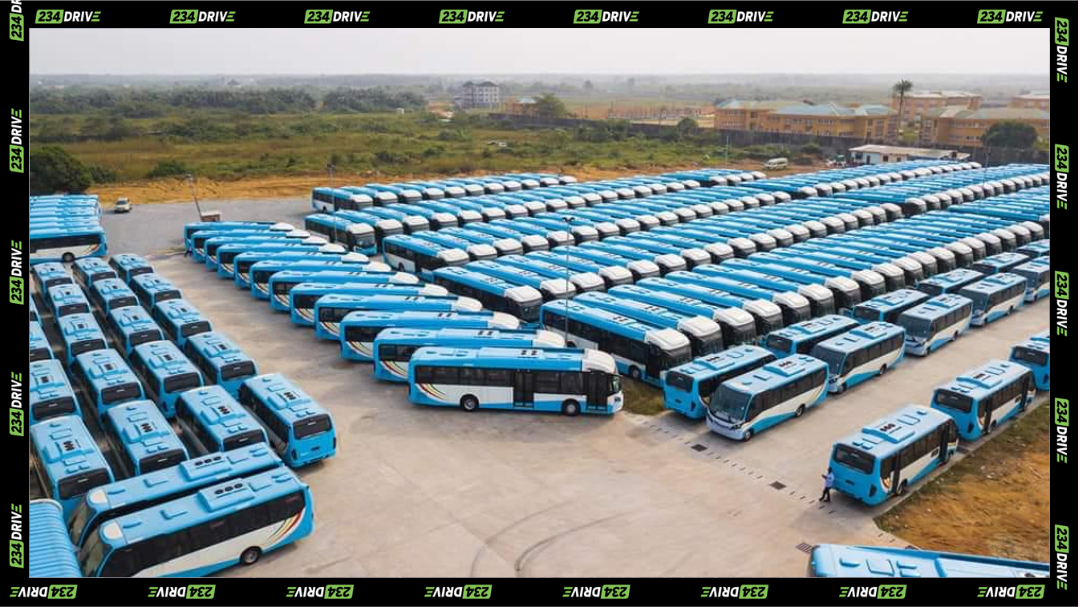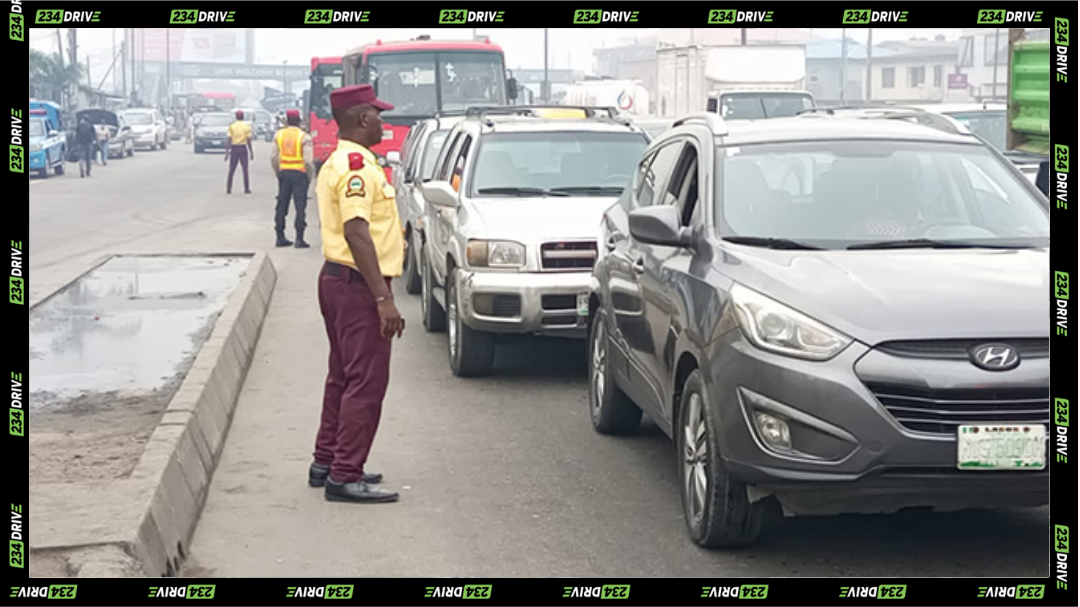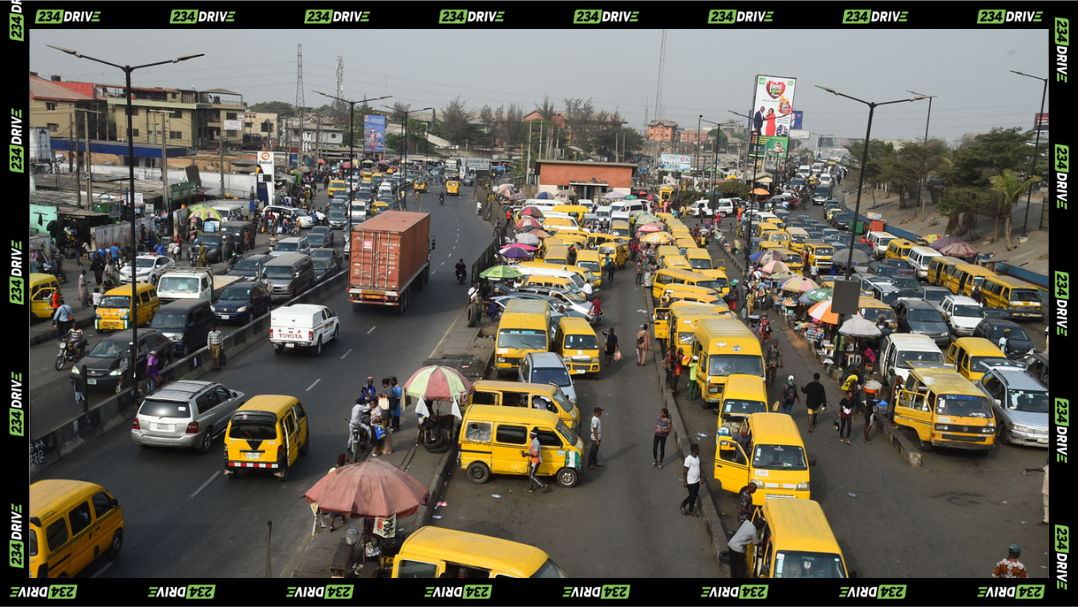According to UK government reports, car thefts in England and Wales have nearly doubled in the past decade, while the number of traffic officers has dropped to its lowest level in ten years. In the year to March 2025, 125,389 vehicles were reported stolen—up from 70,216 in 2015—even as Britain’s car population rose by about 20%.
UK Road Policing and Car Crime Trends (2015–2025, two-year intervals)
| Year | Road Policing Officers | Vehicles Registered (GB) | Cars Reported Stolen | Dangerous Driving Convictions |
| 2015 | 5,237 | ~31 million | 70,216 | 3,277 |
| 2017* | 4,900* | 32 million* | 77,000* | 3,700* |
| 2019* | 4,700* | 33 million* | 85,000* | 4,000* |
| 2021* | 4,400* | 35 million* | 105,000* | 4,600* |
| 2023* | 4,200* | 36 million* | 115,000* | 5,000* |
| 2025 | 4,149 | ~37 million | 125,389 | 5,303 |

- NOTE: (*) represents estimates to the nearest 100.
- Source: RAC analysis of government data, UK Government policing statistics, and UK Government road safety data .
The RAC, which analysed the Home Office data, described the situation as “a 10-year low” in enforcement. Simon Williams, its head of policy, said the reduction in specialist officers is “bad for the enforcement of motoring laws” and warned that the trend has left criminals more confident. He added that dangerous driving prosecutions—up from 3,277 in 2015 to 5,303 in 2025—show how a shrinking force is under increasing strain.
The Government, however, argues that the picture is more complex. While only 4,149 officers are officially designated to traffic policing, other officers are said to contribute to road safety enforcement. Ministers also point to increases in police funding every year since 2015, in both cash and real terms, with a further boost pledged over the next three years.
Despite this defence, many officers privately admit that administrative work keeps them off the streets for much of their shift. Factor in rotas and paperwork, and the visible presence of traffic police at any given time is far smaller than the headline numbers suggest.
Creating a dedicated road policing agency separate from the police force is another option the UK could consider, as seen in parts of Africa.
Nigeria’s FRSC, Kenya’s County Askari, South Africa’s metro police, and Zambia’s Council Police all focus on traffic enforcement, but they face similar hurdles of limited manpower and scarce resources. To bridge the gap, some regions have created sub-national bodies such as Kano’s KAROTA, yet even these local initiatives struggle without sustained investment and support.
Meanwhile, UK councils have faced criticism for collecting £1.2 billion in parking charge profits last year. Motorists argue they are penalised financially while receiving less protection against rising thefts and unsafe driving.
The Government is now preparing its first road safety strategy in more than a decade. Campaigners, including the RAC, hope it will deliver practical measures to reduce casualties and restore confidence. Until then, the UK continues to face a widening gap between rising car crime and the resources committed to tackling it—a gap that raises the question of how much longer it can be ignored.









